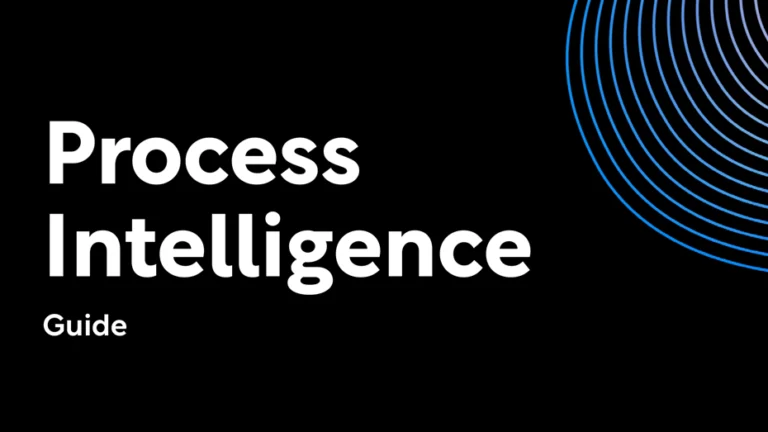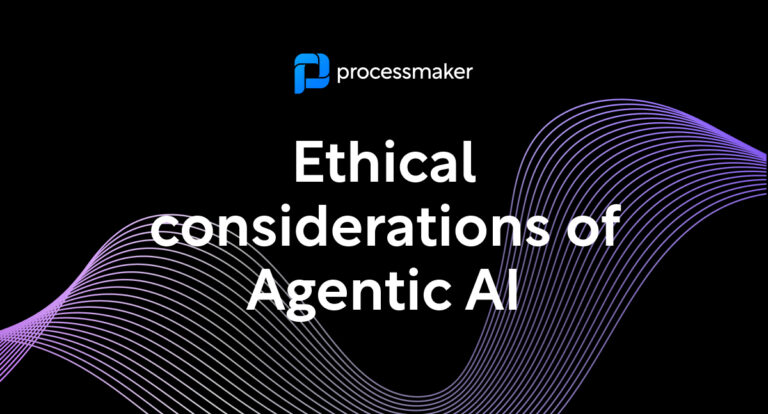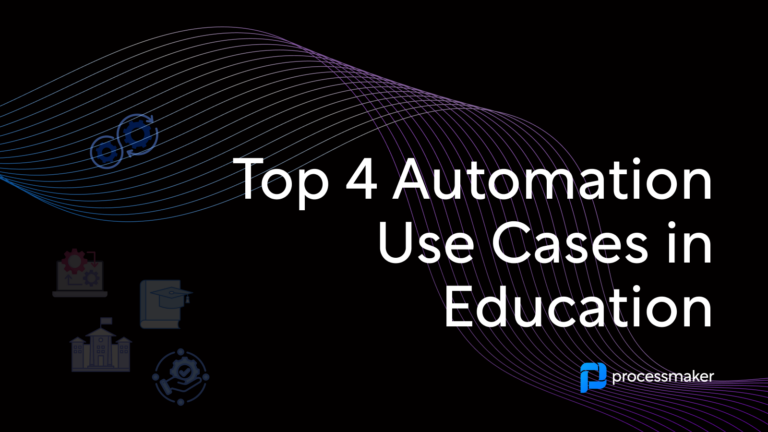Social media networks continue to be powerful platforms for companies seeking to build their brands, attract more users, and retain customers. Through upselling opportunities, incentives, and new features, social media platforms generate incredible amounts of revenue for these companies. But what is more valuable than the money coming in as a result of these networks? The answer is big data.
Research from EMC’s Digital Universe with Research & Analysis report predicts that the volume of big data in the world will reach 44 trillion gigabytes by 2020. That’s a lot of information that the ad industry and marketers can use to create more effective social media marketing campaigns.
In the wrong hands, that data can be comprised, putting millions of user’s personal information in jeopardy. Data mining can even be used to influence politics. When used for good forces, marketers can create a more personalized experience for their users and increase company profit by leveraging big data.
What is social media mining?
Different than data mining, social media mining “occurs when a company or organization collects data about social media users and analyzes it in an effort to draw conclusions about the populations of these users,” according to Yale Law School. This novel field of study has exploded in recent years with tandem improvements in data science, artificial intelligence, and user experience (UX) design. The results from social media mining are used for targeted marketing campaigns for specific audience segments.
Predictive analysis is gaining popularity with marketers and big data’s role in that is huge. Not only can the marketers predict consumer’s behavior with predictive analytics, but they can use the findings from their data analyses in other marketing methods, like A/B testing. With the right analysis tools, you can personalize not only ads, but landing pages, special offers, trials, and email campaigns. Due to the amount of data in advance, market launches become faster, smoother, and yield greater results. These results lead the valuable insight into how certain demographics or user profiles engage with certain pieces of content, influencing future campaigns moving forward.
The ethics question
Nearly three years have passed since the Cambridge Analytica incident, the data breach scandal that involved mining millions of user-profiles without permission to sway the 2016 elections. Facebook, denying claims that the company knew about the incident happening on its platform, failed to take appropriate legal action. What happened next would be a bloodbath in Congress, with lawmakers cracking down on the tech giant (this wasn’t the first of Facebook’s privacy violations). As for Cambridge Analytica, the company filed for bankruptcy last year. The New York Times reported yesterday the release of two detailed memoirs from whistle-blowers Christopher Wylie and Brittany Kaiser, formerly of Cambridge Analytica, that detail the former employees’ experience while working for the firm during the debacle.
As a result of the privacy scandal, legislation has tightened its grip on Big Tech. Amazon, Google, and Apple have had their fair share of privacy violations over the years. The most recent company to come under fire for violating data privacy and permissions is YouTube. The world’s most popular video marketing platform was just fined $170 million for violating child privacy rights, according to the Federal Trade Commission. YouTube, a subsidiary of Google, violated the Children’s Online Privacy Protection Act, also known as COPPA.
While these events create negative consequences for consumers, marketers, and technologists like, data mining has the ability to enhance customer experience strategy through better social media marketing. By taking proper privacy protocol into consideration, businesses can leverage the power of social media mining to achieve greater customer satisfaction.
The advantages of using big data in social media marketing
There are many benefits to using big data on social media. Some examples include the following:
- Stronger strategy decision-making. Using big data in social media marketing helps to understand how users perceive your brand, which users are legitimate and worthy of targeting, the content that actually converts, where to target market segments, and at which times of day. A birds-eye view of demographics allows creating a strategy to become easier and more precise. Planning campaigns are sure to meet customer expectations with the data gained from social media mining.
- Bigger picture market analysis. Big data gives us a detailed view of how our competitors are doing. Just as you would conduct market research on your own users, proper tools will allow you to do the same for your direct and indirect competition. In brand marketing, calling and echoing features, sales, and other strategies is common to win customer loyalty. Information pulled from analytics can current, or potential, customers.
- Better product insights. Social media is a great way to gain insight into what your users think about your product. Using data mining to dig into this feedback will give you a better idea of what your audience really desires from your product, helping you to develop and design a stronger product moving forward. This data can also help your team to develop stronger influencer marketing strategies — a marketing strategy that leverages the power of social influence and word-of-mouth at scale — for your next product launch by sorting which profiles are fake and worth targeting.
- Enhanced personalization of UX. Personalization is an incredible UX strategy to fuel greater customer experience (CX). Companies like Amazon rely on data insight to upsell customers and build a better service experience. By leveraging the data collected from user clicks and app interaction, marketers are able to respond with curated content that appeals to specific user profiles based on that information. The result? Fully tailored UX for the customer and ammo for your marketing team to create highly targeted social media campaigns that convert.
 Big data can help you create stronger personas. (Sourced from SocialBakers)
Big data can help you create stronger personas. (Sourced from SocialBakers)
How to create a big data social media strategy
For starters, “the unstructured social media data should be related with the structured data already available — like the customer details — to determine actionable insights with big data,” shares James Warner, a business intelligence analyst at Nexsoftsys. At that point, a social media strategy can then be created based on the insights. Decide on the best possible strategy that takes the top insights into consideration to generate truly consumer-driven results.
With the strategy already made, now content creation comes in. Determine which content has the highest likelihood of resonating positively with your users. Valuable content is critical in influencing the success of your social media marketing strategy. Take this phase seriously when drafting content. Next up is targeting your audience once the content is ready. From the insights of the analysis performed earlier, identifying the segment of users to target becomes easy. Doing this will create a very precise result.
Finally, the execution. Armed with the right content from the analysis, you can check the effectiveness of the analysis, campaign, and overall strategy. Post-execution, you should immediately check your campaign against previous efforts. Start collecting data right away to gain feedback into what is working, what generates positive or poor responses, taking notes along the way to tweak campaigns in the future if needed. These detailed observations will help to refine your strategy over time, helping your marketing team to create a powerful social media marketing strategy that yields a high ROI using big data.
The takeaway
Analytics has always largely dictated the success of businesses worldwide. Before computers were available to the public, people calculated metrics based on media advertising, survey responses, and financial data. What would have taken months or years is able to be done with data analytics at a fraction of the cost. The collection process is automated and the storage capabilities on tech are much higher than in previous years, enabling mining to exist on a massive scale.
The trick is making sure that in the noise, the right data is sought, collected, and applied to meet the needs of users. Is your company harnessing the full potential of big data in your social media marketing strategy? If not, you are leaving serious company revenue on the table.
Like what you see? Explore more of our content about business intelligence, process management, and operational excellence at www.processmaker.com.
About ProcessMaker
ProcessMaker is a low-code business process management and workflow software. ProcessMaker makes it easy for business analysts to collaborate with IT to automate complex business processes connecting people and existing company systems. Headquartered in Durham, North Carolina in the United States, ProcessMaker has a partner network spread across 35 countries on five continents. Hundreds of commercial customers, including many Fortune 100 companies, rely on ProcessMaker to digitally transform their core business processes enabling faster decision making, improved compliance, and better performance.





